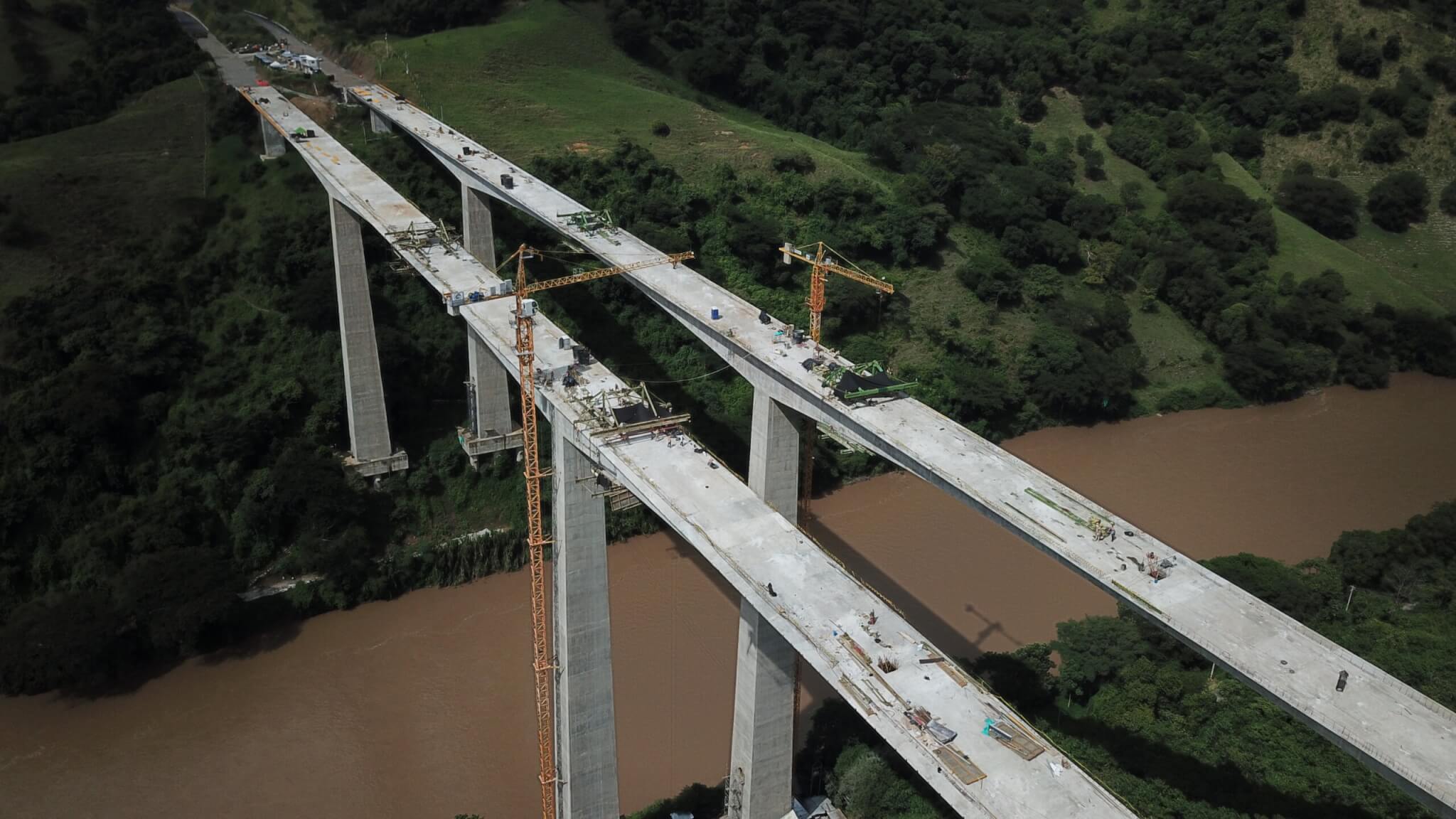
An open letter on accelerating climate action in perilous times
Dear colleagues and friends,
It’s been a great privilege to get to know so many of you and your work better during my first year as president and CEO of ClimateWorks Foundation. I feel honored to be part of this incredibly engaged, diverse, and expanding community of climate funders and grantees working together to drive ambitious climate action. I’ve been energized by the collective sense of urgency, radical collaboration, and dogged determination to chart a more equitable and sustainable future. Despite the multiple crises that dominated in 2022 – including the war on Ukraine, extreme weather impacts, global energy and food crises, rising inflation, economic uncertainty, and continuing COVID outbreaks – we still managed together to deliver meaningful progress on climate.
But the clock is running out. Emissions must be halved by 2030 and reach net zero by 2050 to avoid dangerous levels of warming. Global action and investments to achieve the 2030 target still fall short. With rising emissions, the carbon budget is rapidly shrinking and we are seeing the devastating impacts of climate change hitting communities worldwide much faster than scientists predicted. Last year was the eighth year in a row with temperatures more than 1°C above the pre-industrial level. Already, 85% of the world’s population has been affected by climate change and wildlife populations have declined by 69%. And those impacts are not being equally felt: those least responsible for our changing climate are often hit hardest.
2023 marks the halfway point between when the Paris Agreement entered into force and the 2030 targets. While many of us hoped we would have made more progress seven years in, we can and must still put the world on a better climate trajectory. The question we are asking ourselves in ClimateWorks, and one that I share with you, is: How can we move faster and go bigger to deliver climate solutions at the scale we need globally, and in a way that benefits people and planet? We’re focusing on the role philanthropy can play in driving these solutions and how ClimateWorks Foundation can best help all of philanthropy to meet this challenge.
Philanthropy has already been stepping up significantly to address the climate crisis. But, despite strong year-on-year growth of 25%, our most recent Funding Trends report found that under 2% of global giving goes to mitigating climate change. There is much more philanthropy can do to be catalytic and nimble in spurring transformative climate action across systems, sectors, and geographies. In an age increasingly defined by polycrisis, now is the moment to fully embrace climate action as a focal point for tackling our interconnected challenges in a way that benefits peoples’ lives and advances global development goals.
The power of philanthropy
Philanthropy is already deeply engaged in multiple strategies to accelerate climate solutions, and we’re seeing growing momentum with increased giving, new funders, and more grantees each year. But with the window of opportunity closing, now is the time for funders to expand their reach and push for positive tipping points. There are many things that funders can do, but let me suggest five STEPS:
- Scale your funding and ensure funds are going to those who need it the most, including dramatically increasing funding to the Global South and frontline communities.
- Take more risks in your funding by investing in climate opportunities that have not received the attention they deserve but are critical to climate progress, such as food and agricultural emissions and resilience, carbon removal, or industrial decarbonization.
- Expand “and” approaches by investing in integrated solutions that tackle existing priorities while also benefiting climate, for example at the interface with the cost of living crisis, health and climate action, jobs and climate, ecosystem protection and climate, etc.
- Practice collaborative grantmaking by tapping into the rapidly expanding climate community, existing coalitions of funders, and partnering with fellow funders on their climate journeys.
- Share your learnings and demonstrate the potential of what can be achieved and how people can directly benefit from positive collective action.
Accelerating transformative climate action in 2023
Beyond the storylines that dominated COP27 and will continue to shape the climate agenda this year, there are many ways philanthropy is helping to build on the climate progress achieved in 2022. Areas we’re focused on supporting at ClimateWorks this year include implementation and accountability on climate commitments, delivering climate finance, driving toward tipping points of decarbonization in key sectors, and people-centered approaches.
Take net-zero pledges as an example. Today, more than 90 countries have set net-zero targets covering almost 80% of global emissions. Additionally, over 3,000 businesses and financial institutions and more than 1,000 cities have committed to reducing emissions in line with what the science indicates is needed. In the finance sector, over 450 banks, insurers, pension funds, asset managers, and others responsible for $130 trillion in assets have committed to net zero investment portfolios by 2050 through the Glasgow Financial Alliance for Net Zero (GFANZ). Critical now is ensuring that these countries, cities, and corporates have the tools, analysis, and capacity to implement these climate commitments, and can be held to account by the public in doing so. ClimateWorks is working with other philanthropic partners to support successful implementation and bolster transparency and accountability, to ensure all actors move beyond platitudes to measurable progress.
With global economic uncertainty exacerbating in 2023, and a closing fiscal space in most countries, it is all the more critical that scarce philanthropic funds are used strategically to catalyze the public and private investments needed for ambitious climate action. We need to urgently ramp up approaches that will enable philanthropy to engage with public and private partners to accelerate finance for clean economy transitions in emerging and developing markets. This includes in support of the Just Energy Transition Partnerships like those for Indonesia, South Africa, and Vietnam, along with other partnerships that can help countries leapfrog fossil fuel infrastructure development and shift to clean and equitable alternatives instead. Philanthropy also has an important role in helping to identify approaches to reform our international public finance system in a way that can be fit-for-purpose in tackling the mounting debt crisis and climate crisis together. The Barbados-led Bridgetown Initiative has generated growing momentum for progress with specific proposals to kick-start such a reform of the multilateral development banks.
At ClimateWorks, we are helping the philanthropic community to co-create strategies and work with key partners to accelerate system-wide change and reach positive tipping points of action in key sectors. A few sectoral approaches we’re excited to expand philanthropic support for this year include:
- Identifying and building political support in food and agriculture for approaches that deliver what we need for food security, boost farmer income, and ensure climate resilience and lower emissions.
- Rapidly electrifying two and three-wheeled vehicles to eliminate billions of tons of harmful emissions and save hundreds of thousands of lives per year.
- Bringing truly sustainable aviation fuel to scale with benefits both for the climate and airport-adjacent communities.
- Expanding public procurement of low-carbon industrial materials to unlock transformative change in the manufacturing and construction sectors. For example, working with the auto industry to advance green automotive steel can push the steel industry to take green steel from idea to product.
- Building green shipping corridors to tip the shipping industry faster toward zero-emission ships, while also solving a major public health issue.
- Shifting cooling from a vicious cycle to a virtuous one with 5X air conditioners that provide much needed cooling to the growing population affected by heat extremes comfort with five times less climate impact.
We’re also leaning into efforts to explore new opportunities and challenges together with the climate philanthropy ecosystem, whether on green hydrogen or transition minerals or through enhanced capacity to scan the horizon for the next global crisis.
Through all this, ClimateWorks’ guiding light will be to strongly emphasize people-centered approaches. Climate progress will not happen unless climate solutions directly benefit people and their communities, and the communities most affected are engaged in the solutions. Policies that invest in a livable future while creating sweeping benefits for people in their everyday lives – from breathing cleaner air to job opportunities to expanding their pocketbooks – are the type of people-centric strategies we’re committed to amplifying.
UN Secretary General Antonio Guterres put it succinctly last year, “We are in a life-or-death struggle for our own safety today and our survival tomorrow.” The pressure to act will continue to mount in 2023, and fossil fuel incumbents will continue to push to delay action and maintain the status quo. But make no mistake – climate action is the only pathway for global growth, prosperity, and resilience.
While I am still relatively new to philanthropy, one thing that I believed coming into this role and know even more so today is that philanthropy is absolutely critical to supporting climate progress and spreading climate hope. I remain steadfast in my optimism about the progress that can be made and resolute in my belief that philanthropy has a unique role and responsibility in catalyzing change that makes our planet and all its people more secure. Philanthropy has done a lot over the past decade to spur record climate progress, and it’s never been a better or more necessary time to do even more.
In partnership,
Helen Mountford



